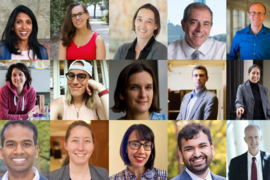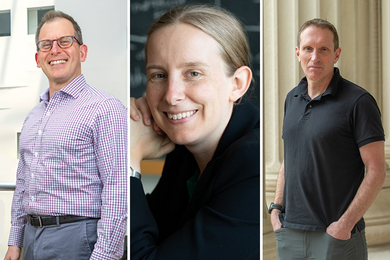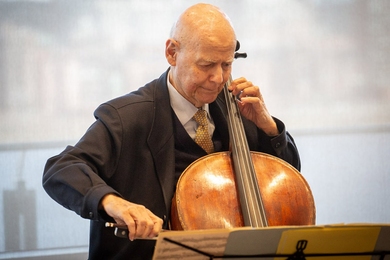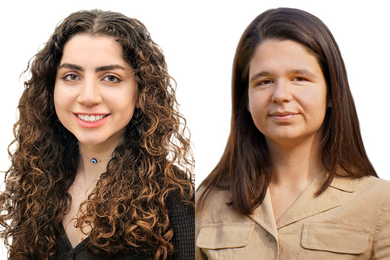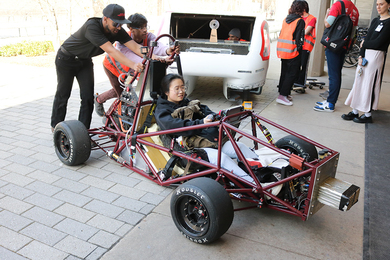What does a graduate student do when the whole world shuts down?
In March 2020, many grad students at MIT were asking themselves that question. Because of the Covid-19 pandemic, in a matter of days MIT’s campus had closed down, research had ground to a halt, and students were sent home. During these tumultuous times, many of these students felt lost and adrift, not sure of what would happen to their research projects and their future plans.
In short order, MIT Professor Ben Schneider jumped into action, setting up a bi-weekly reading group for his students to meet and discuss current research topics and potential careers, among other supports.
As the Ford International Professor of Political Science at MIT, Schneider's research centers on comparative politics and political economy, with a particular focus on economies in Latin America.
Career support during Covid
Although much of the world closed down in spring 2020 due to the Covid-19 pandemic, by necessity the academic job hunt did not. Graduate students on the cusp of graduation still worked on identifying potential career options both within and outside academia.
Schneider had always felt comfortable guiding students through an academic job search, but felt that he wasn’t as well equipped to help them explore careers such as consulting, data science, and government. As a result, he repurposed his group’s bi-weekly reading group (which he set up to encourage connection and collaboration among his students) into an open and honest discussion space about the various career options available to recent and soon-to-be political science graduates.
According to his nominators, Schneider strove to develop these bi-weekly meetings into useful resources for his students. One nominator described how “as the academic job market tanked, Ben listened to our anxieties. He began to work his professional network to find us speakers from careers outside of academia. Whether or not we pursue these types of jobs, Ben exposed us to the breadth of our options — making the dismal state of the job market less of a burden.”
In particular, Schneider repeatedly invited former members of his research group to these events in order to expose his current students to the various successful career paths the alumni had explored and were thriving in.
Consistent, compassionate support
Schneider’s dedication to his students, their academic success, and their well-being wasn’t limited to the Covid-19 pandemic. His nominators expressed how much faith they have in him to advocate for students’ well-being and equity in faculty discussions. As one nominator wrote, “when the George Floyd protests rallied graduate students to advocate for a more equitable political science department, we knew that Ben would listen to our concerns and raise them with his colleagues.”
Nominators also described in detail how Schneider's “simple but nontrivial demonstrations of care” contributed to a sense of support and belonging within the research group. These actions varied from starting research meetings with a few minutes of chit-chat to asking his international students how they were adapting to life in the United States, and offering to help them build networks of support at MIT.
One nominator summed up Schneider’s impact: “The unique role that Ben played was as a bedrock of compassion. With some faculty, I would have [been] nervous to turn to when things were going awry — fear that my intellectual standing with them would drop. With Ben, however, I know that if I went to him, he would encourage and support me. That he would make me feel capable and valuable.”



